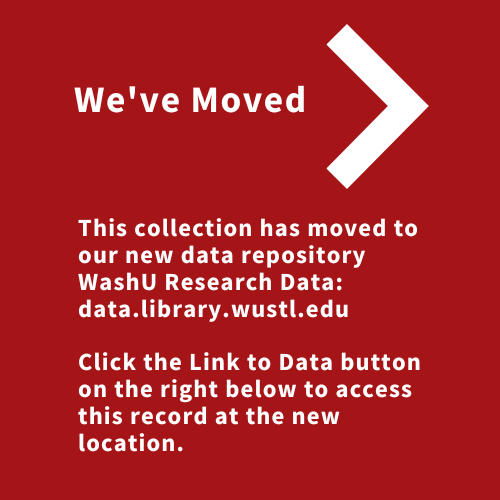Title
International Comparative Legislatures Metadata Database: Using Roll Call Votes to Understand Legislative Behavior
ResourceType
Dataset
DOI
https://doi.org/ 10.7936/K7Z60NG4
Embargo Period
8-21-2017
Grant/Award Number and Agency
National Science Foundation Award; #1066340; http://www.nsf.gov/awardsearch/showAward?AWD_ID=1066340;
Abstract
In most democracies, the public record of legislative votes in national and local parliaments is an important basis for holding elected officials accountable. In political science, that record is also an important source of data on legislator and party behavior. In practice, many legislatures create a public record of the votes cast by individual legislators for only a fraction of the issues on which votes occur. These recorded votes often are not a representative sample of all votes cast and may exhibit systematic biases that have implications for political accountability and for the science of political behavior. Therefore, understanding the characteristics of the issues that receive a publicly recorded vote (a roll-call vote) is essential to our understanding of democratic processes and evaluating the limits of scientific inferences that can be drawn from roll-call data. This data set advances our understanding of the voting record through examination of national parliamentary bodies around the world.
Rights
http://creativecommons.org/licenses/by/4.0/
Recommended Citation
Crisp, Brian; Gabel, Matt; and Carrubba, Cliff, "International Comparative Legislatures Metadata Database: Using Roll Call Votes to Understand Legislative Behavior" (2016). Digital Research Materials (Data & Supplemental files). 2.
https://openscholarship.wustl.edu/data/2
Publication Date
2016


